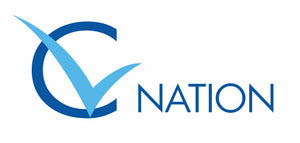Are you ready to apply for a C-suite level position but aren’t sure what to expect regarding the interview?
Or perhaps you have been holding the same high-level position for a while and need to brush up on your interview skills?
Regardless of your situation, preparing for an interview is critical if you want to improve your chances of landing your next job. Yet, with all the information available online, understanding exactly what you need to do to boost your odds of acing your interview can be challenging.
That’s why we’ve done the groundwork for you.
Here are 15 tips to succeed in your next executive job interview and impress your prospective employers.
